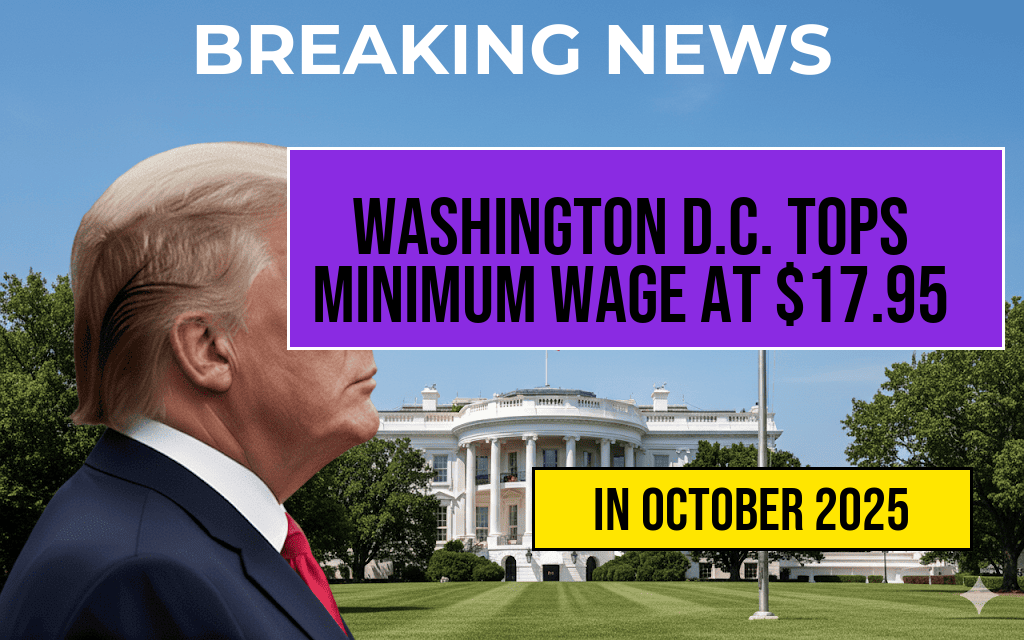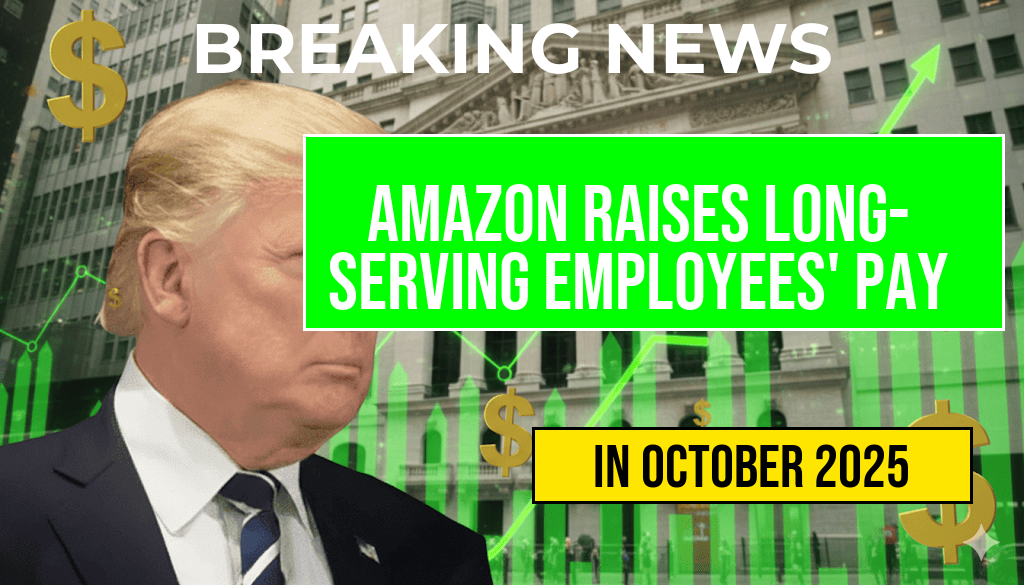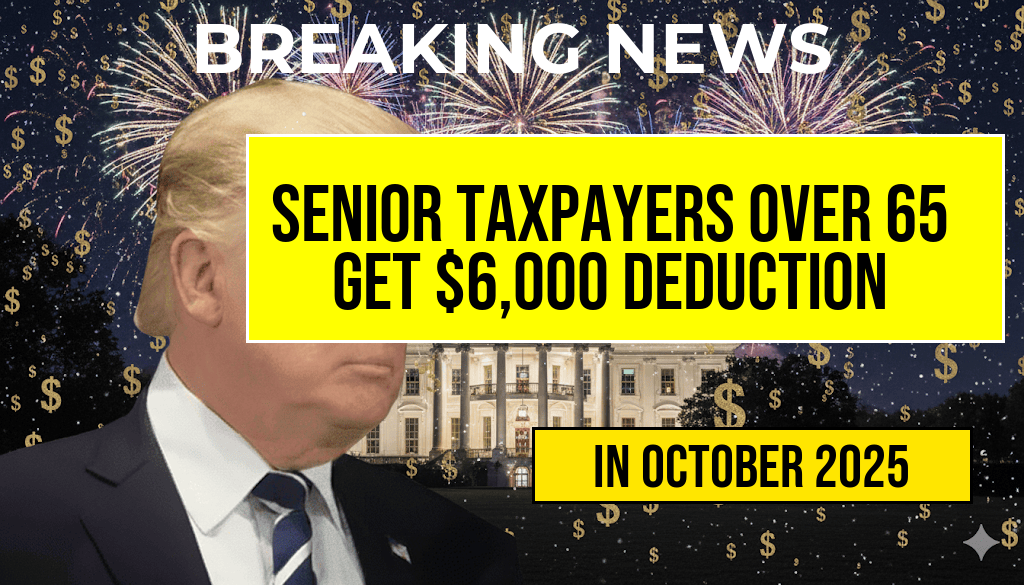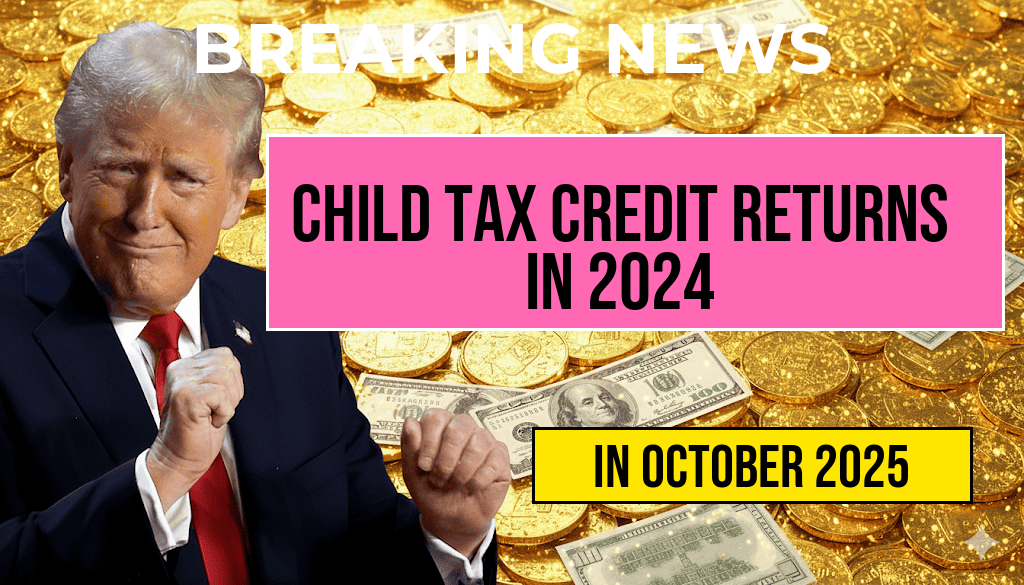Washington D.C. has solidified its position as the city with the highest minimum wage in the United States, setting the rate at $17.95 per hour as of 2024. This figure surpasses the national average and reflects ongoing efforts by local policymakers to address income inequality and improve the standard of living for low-wage workers. The district’s minimum wage has steadily increased over recent years, driven by a combination of legislative action and economic growth, positioning D.C. as a leader in wage policy among major U.S. cities. While proponents argue that higher wages boost economic stability and worker morale, opponents raise concerns about potential impacts on small businesses and employment levels. As debates continue, the district’s approach exemplifies a broader national trend toward wage increases aimed at narrowing income disparities.
Background on Washington D.C.’s Minimum Wage Policy
Historical Context and Legislative Changes
Washington D.C. has a history of progressive wage policies, with the minimum wage steadily rising over the past decade. The city’s wage laws are influenced by both local legislation and federal guidelines, often exceeding national standards. In 2020, the District Council approved a plan to incrementally raise the minimum wage to $15.00 by 2025, but the city’s economic growth and cost of living prompted further adjustments.
As of 2024, the minimum wage was increased to $17.95 per hour, a move that aligns with the city’s ongoing efforts to ensure workers earn a wage that reflects the high living costs associated with the nation’s capital. The increase has been implemented through the District’s Wage Law, which mandates annual adjustments based on inflation and cost of living indexes.
Impact on the Local Economy and Workforce
Benefits for Workers and Businesses
- Enhanced earning power: With a higher minimum wage, thousands of low-income workers are able to meet basic needs more comfortably, reducing reliance on public assistance programs.
- Worker retention and productivity: Employers report improved morale and reduced turnover among employees earning the district’s minimum wage.
- Economic stimulation: Increased disposable income among workers can lead to higher spending within local businesses, contributing to economic vitality.
Potential Challenges and Criticisms
- Small business concerns: Some business owners argue that higher wages increase operational costs, potentially leading to layoffs or reduced hiring.
- Employment effects: Economists remain divided on whether wage hikes significantly impact employment levels, with some studies suggesting minor or negligible effects.
- Cost of living considerations: Critics note that despite wage increases, the rising cost of housing and transportation in D.C. continues to strain low-income residents.
Comparison with Other U.S. Cities
| City | Minimum Wage | Notes |
|---|---|---|
| Washington D.C. | $17.95 | Highest among major U.S. cities, reflects local policy priorities |
| Seattle, WA | $17.27 | City-wide minimum wage, phased increases over years |
| San Francisco, CA | $16.99 | High cost of living influences wage levels |
| New York City, NY | $15.00 (state minimum wage) | Higher rates for specific industries; city plans to raise further |
Policy Outlook and Future Developments
Anticipated Adjustments and Legislative Initiatives
The District of Columbia is expected to continue adjusting its minimum wage policy in response to economic conditions and inflation. Discussions about further increases are ongoing, with some advocates pushing for a target rate exceeding $20 per hour in the next few years. Additionally, the city explores complementary policies such as paid sick leave and affordable housing initiatives to mitigate the broader impacts of wage hikes.
Federal lawmakers and local officials are also monitoring how wage policies in D.C. influence neighboring jurisdictions and the national conversation on income equality. The district’s example underscores the importance of balancing wage growth with economic sustainability, particularly in regions with high living costs.
Sources and Further Reading
- Wage law in the United States – Wikipedia
- Forbes – D.C. Minimum Wage Increase
- District of Columbia Department of Employment Services
Frequently Asked Questions
What is the current minimum wage in Washington D.C.?
The minimum wage in Washington D.C. is currently set at $17.95 per hour, making it the highest in the United States.
How does Washington D.C.’s minimum wage compare to other states?
Washington D.C.’s minimum wage surpasses that of other states, maintaining its position as the highest minimum wage in the country.
When did Washington D.C. increase its minimum wage to $17.95?
Washington D.C. increased its minimum wage to $17.95 per hour as part of ongoing efforts to ensure fair wages for workers, with the latest update occurring in 2023.
Who is affected by the minimum wage increase in Washington D.C.?
The minimum wage increase primarily benefits hourly workers across various sectors, including retail, hospitality, and service industries, ensuring they earn a living wage.
Are there any future plans to change the minimum wage in Washington D.C.?
Yes, policymakers in Washington D.C. are considering future minimum wage adjustments to keep pace with inflation and economic growth, aiming to improve living standards for workers.








